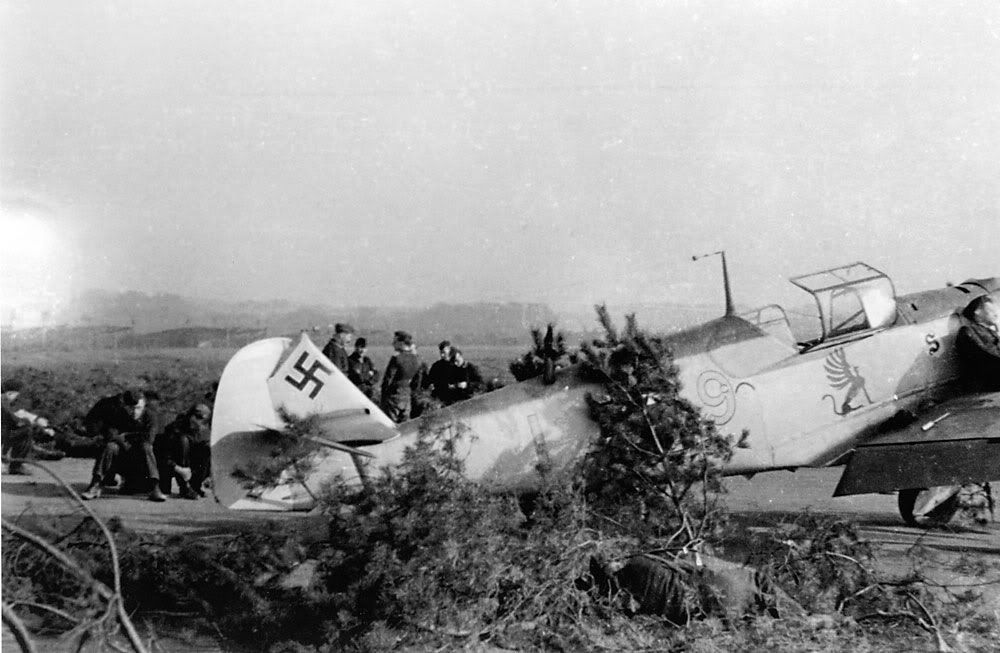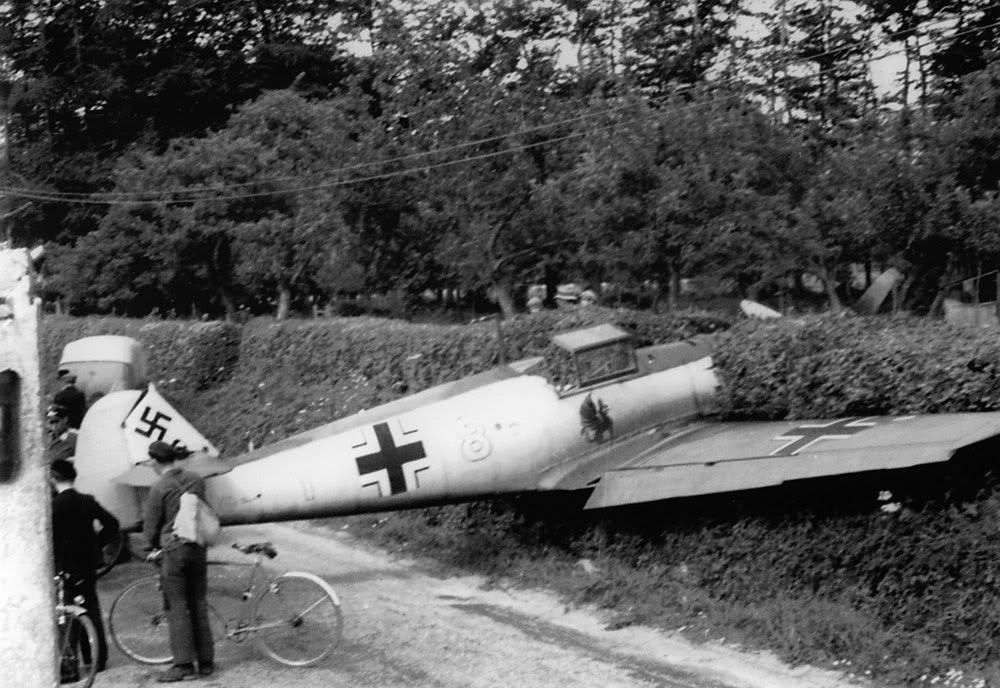Part 50. Late due to computer problems - had to nuke the C: drive and start again. Computers are great when they work ...
November, 1940
RAID ON MUNICH
BY A FLIGHT LIEUTENANT OF A HEAVY BOMBER SQUADRON
THIS was our first trip to Munich. Our target was the railway locomotive and marshalling yards, almost in the centre of the city and only a short distance away from the famous Brown House of the Nazi Party. Just before we took off the senior intelligence officer came rushing over and said he thought that we might be interested to know that Hitler and some of his gangsters were to be in Munich that night to celebrate the anniversary of the BEER HALL Putsch of 1923.
Everybody was flat out to get there. They had included in my bomb load one of the heaviest calibre bombs that we have so far carried. I talked things over with the observer and we decided before we left that as the station commander had been kind enough to entrust us with the delivery of this heavy calibre bomb we'd go in as low as possible to make sure of getting the target. It was a beautiful starlight night and there was almost a half moon. We were checking up our course by the stars as we went out. Round Munich itself there was not a cloud in the sky. We passed an enemy aerodrome�all lit up for night flying�but on the way out we weren't wasting any bombs on that. We saw one of our fellows flying about five miles in front of us, getting a packet of stuff thrown up at him over Mannheim. He flew straight through it, but we turned away to the left and avoided the town. After Mannheim, Munich wasn't very far away and everybody was sitting up and taking notice. We were about twenty minutes' flying-time away when we first saw the flak and the searchlights coming up around the city. The navigator got a bit worried because we were ten minutes in front of our estimated time of arrival and he thought for a minute that we might have got off our course. Then we picked up a landmark�a goodish-sized lake�to the south of Munich�and set course from there. Some of the other fellows had gone on ahead to light up the target and we could see their incendiaries bursting.
Flares were dropping all round as we went in. The guns on the ground were shooting quite well. I saw three flares shot down almost as soon as they had been dropped. We flew over to have a preliminary look at things and found we were about a mile south of the marshalling yards. We were low enough and it was so light that we could see houses and streets quite clearly. It was the bomb aimer's dream of the perfect night. Altogether we stooged round for about twenty minutes, checking up on our target. We saw somebody else drop his stick of bombs slap on the target. The explosions lit up the locomotive sheds. We came down lower and they were shooting at us hard. In the light of one of our own flares I saw a stationary engine in the yard. I could make out the glow from its fires and I noticed, incidentally, that it had steam up. We had to turn round and come back over the yards, making our run from south-east to north-west. Then we went whistling down. Tracer seemed to be coming up right under the wings and the bomb aimer said that he could see it coming up towards him as he lay in the nose of the aircraft looking down through his tunnel.
All the way down in the dive I could see these big black locomotive sheds in front of me.
The front gunner was shooting out searchlights, which I thought was a pretty good effort, and the rear gunner was having a try at the same game, but it was more difficult for him. I'd told them that they could let loose with their guns and they didn't want telling twice. The bomb aimer got the target right in his sight. He said: "I can see it: I can see it absolutely perfectly." Then he called out: "Bombs gone. I've got it." As a matter of fact I don't see how he could have missed at that height. Both he and the rear-gunner saw the bombs burst. The rear gunner said that the heavy one made a dickens of an explosion. In the excitement I'd more or less forgotten that we had got this big bomb on board and the force of the explosion gave the aircraft a tremendous wallop. If we had come down any lower we should have been blown up. As it was we all thought we'd been hit. The effect was just as if a heavy shell had burst right under the rear turret. There was a stunned silence for a few seconds; then another babble of conversation when everybody decided that we were all right.
We were still low down. Searchlights kept popping up. The front gunner put out two and the rear gunner put out four. It was a remarkable sight to see the coloured tracer going down the beams of the light. After that, it was a race back because we'd been told that the weather would close down over our base and that after two o'clock we'd be very lucky if we got in there, so we beetled back pretty rapidly. Altogether it was a perfect trip.

9 Staffel/ Jagdgeschwader 26 in France. On the flight line.

Not sure if this is an accident or not.
Note the difference in the emblem � thinner early on.